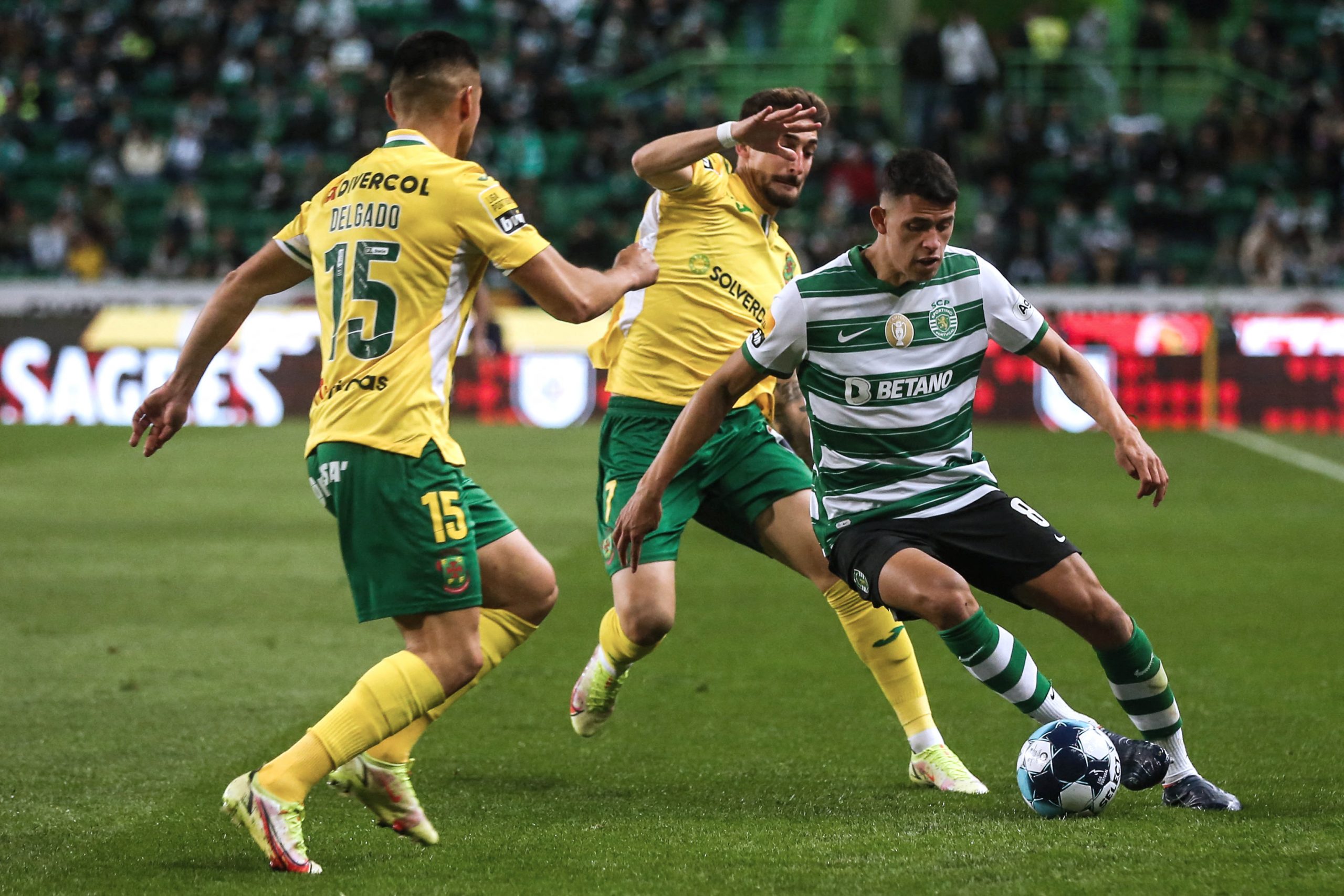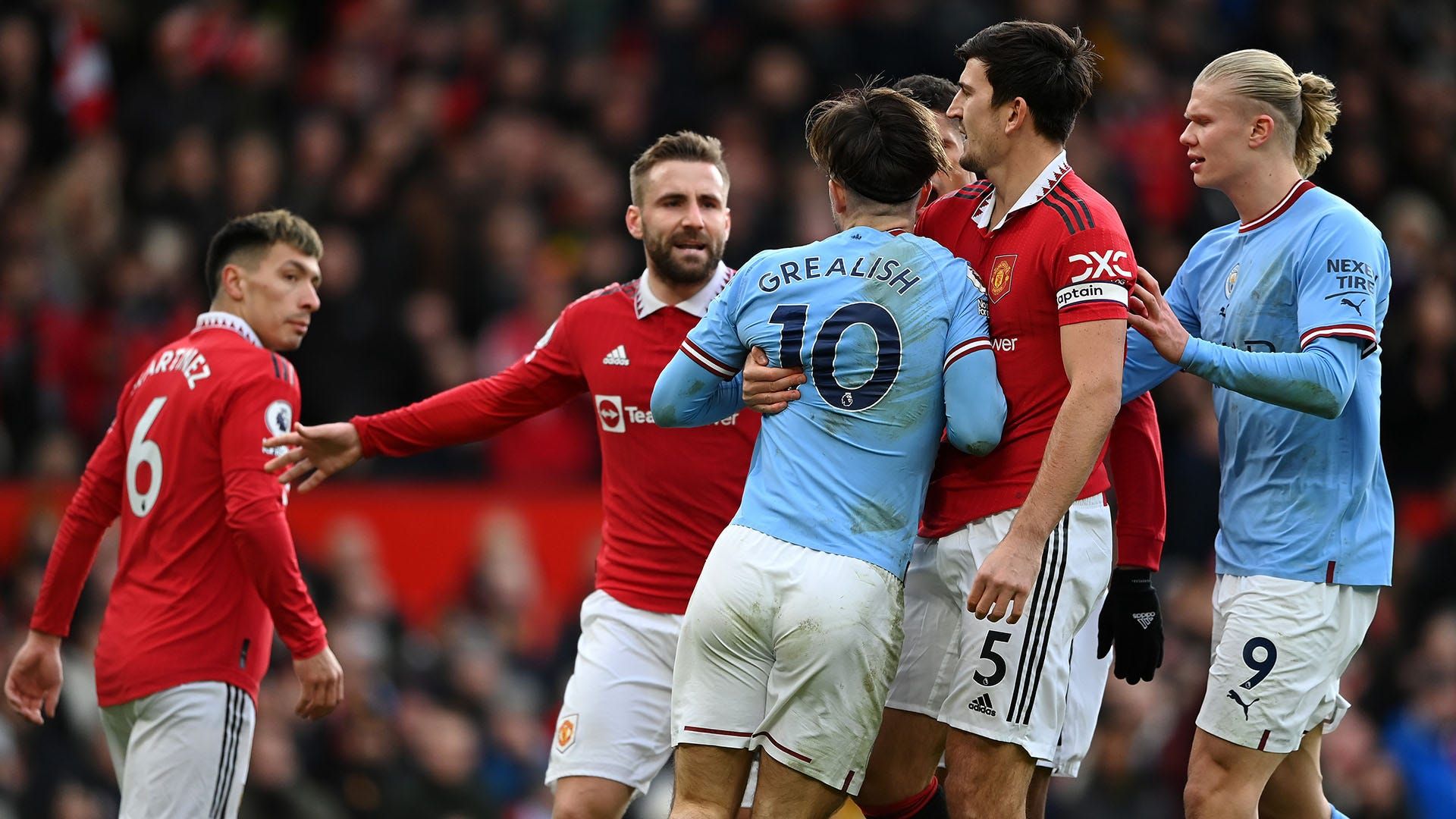Sporting Manchester City, from its humble beginnings to its current status as a global football powerhouse, represents a remarkable journey. This narrative explores the club’s rich history, its evolution under various managers, the tactical brilliance of its current squad, and its significant impact on the football world, both on and off the pitch. We delve into the passionate fan base, the club’s financial success, and its ambitious future.
This in-depth analysis examines Manchester City’s rise to prominence, detailing key moments, influential figures, and strategic decisions that have shaped its identity. We’ll dissect its current playing style, compare it to rivals, and explore its far-reaching influence on the global football community.
Manchester City’s Historical Ascent and Current Dominance
Manchester City’s journey from a mid-table club to a global football powerhouse is a compelling narrative of ambition, investment, and on-field success. This transformation, fueled by significant ownership changes and strategic acquisitions, has reshaped the club’s identity and cemented its place among the world’s elite.
Manchester City’s Historical Trajectory
Founded in 1880 as St. Mark’s (West Gorton), the club’s early years were characterized by fluctuating fortunes within the lower divisions of English football. Key moments include their adoption of the “Manchester City” name in 1894 and their eventual promotion to the First Division in 1930s. However, sustained success remained elusive for much of the 20th century. The club experienced periods of both relative prosperity and significant struggles, often overshadowed by their more successful city rivals, Manchester United.
The late 2000s marked a turning point, with the arrival of Sheikh Mansour bin Zayed Al Nahyan’s Abu Dhabi United Group investment transforming the club’s financial landscape and setting the stage for unprecedented success.
Manchester City’s Timeline of Achievements, Sporting manchester city
A concise overview of Manchester City’s key achievements showcases the remarkable growth of the club.
- 1934: First Division title
- 1956: FA Cup victory
- 1969: League Cup victory
- 2011: FA Cup victory
- 2012: Premier League title
- 2014: League Cup victory
- 2018, 2019, 2022, 2023: Premier League titles
- 2019: FA Cup victory
- 2023: UEFA Champions League victory
Comparative Analysis of Success
Compared to other top English clubs like Manchester United and Liverpool, Manchester City’s rise has been significantly faster and more dramatically influenced by significant financial investment. While clubs like Manchester United built their success over decades through organic growth and strategic management, Manchester City’s transformation has been more rapid and heavily reliant on external capital injection. Liverpool’s path to success involved a combination of shrewd recruitment and a strong emphasis on youth development.
Manchester City’s rapid ascent stands as a unique example in the landscape of modern football.
Manchester City Manager History
| Manager | Tenure | Major Trophies |
|---|---|---|
| Roberto Mancini | 2009-2013 | Premier League (2012), FA Cup (2011) |
| Manuel Pellegrini | 2013-2016 | Premier League (2014), League Cup (2014, 2016) |
| Pep Guardiola | 2016-Present | Premier League (2018, 2019, 2022, 2023), FA Cup (2019), League Cup (2018, 2019, 2020, 2021), UEFA Champions League (2023) |
Manchester City’s Current Squad and Tactical Approach
Manchester City’s current squad is widely considered one of the most talented and well-balanced in world football. The team’s success is built upon a foundation of exceptional individual players and a sophisticated, adaptable tactical system orchestrated by manager Pep Guardiola.
Strengths and Weaknesses of the Current Squad
Strengths lie in their depth of talent across all positions, their technical proficiency, and their tactical flexibility. Potential weaknesses could be identified in their occasional vulnerability to counter-attacks, particularly against teams that prioritize a defensive approach. However, this is often mitigated by their ability to dominate possession and control the tempo of the game.
Tactical Approaches and Effectiveness
Pep Guardiola’s system emphasizes possession-based football, intricate passing sequences, and fluid movement across the pitch. The team’s ability to adapt their approach based on the opposition’s strengths and weaknesses is a key element of their success. They can shift between high-pressing tactics, patient build-up play, and direct attacks with equal effectiveness.
Comparative Playing Style
Compared to other leading teams, Manchester City’s style stands out for its emphasis on intricate passing and positional fluidity. While teams like Liverpool may prioritize direct, high-intensity attacks, and Bayern Munich might emphasize a more direct, vertical approach, Manchester City’s possession-based game is arguably unique in its complexity and effectiveness.
Key Players and Contributions
- Erling Haaland: Striker; prolific goalscorer.
- Kevin De Bruyne: Midfielder; creative playmaker, assists, and goals.
- Jack Grealish: Winger; dribbling skills, assists.
- Rodri: Defensive Midfielder; ball control, passing, and defensive stability.
- Ruben Dias: Defender; strong tackling, aerial ability, and defensive leadership.
Manchester City’s Global Impact and Community Engagement
Manchester City’s influence extends far beyond the pitch, impacting the football world through various initiatives and contributions. Their global reach and community involvement demonstrate a commitment to the broader sporting landscape and their local community.
Influence on the Football Landscape
Manchester City’s success has raised the bar for standards in English football, particularly in terms of financial investment and tactical innovation. Their global brand recognition has increased the profile of the Premier League worldwide, attracting fans and players from around the globe. The club’s investment in youth development has also produced talented players who contribute to the English national team and other clubs.
Youth Development and Community Contributions
Manchester City’s commitment to youth development is evident in their extensive academy system, which produces promising young talent. The club also engages in numerous community outreach programs aimed at promoting health, education, and social inclusion within the local community of Manchester. These programs demonstrate a commitment to social responsibility and positive community impact.
Global Fan Engagement and Outreach Programs
Manchester City actively engages with fans worldwide through social media, international tours, and fan clubs. Their global marketing campaigns reach a diverse audience, fostering a strong sense of community among supporters regardless of their location. Examples of community outreach programs include initiatives focused on youth football development, educational programs, and support for local charities.
Community Outreach Programs
- City in the Community: A foundation dedicated to using football as a vehicle for social change.
- Cityzens Giving for Development: A global program supporting community projects worldwide.
- Local school partnerships: Providing educational and sporting opportunities to local children.
Manchester City’s Fanbase and Matchday Atmosphere: Sporting Manchester City
Manchester City boasts a passionate and diverse fanbase with a growing global reach. The atmosphere at the Etihad Stadium is renowned for its electric energy and unwavering support for the team.
Characteristics of the Fanbase
Manchester City’s fanbase is characterized by a mix of long-time, loyal supporters and a rapidly expanding global following attracted by the club’s recent success. The fanbase is diverse in terms of age, background, and geographical location, reflecting the club’s international appeal.
Matchday Experience at the Etihad Stadium
A matchday at the Etihad Stadium is a vibrant and immersive experience. The stadium’s modern design, combined with the passionate support of the home crowd, creates an electrifying atmosphere. The pre-match build-up, the roar of the crowd during the game, and the post-match celebrations all contribute to a memorable experience for fans.
Comparison with Other Club Fan Cultures
Compared to other clubs, Manchester City’s fanbase is perhaps younger and more internationally diverse, reflecting the club’s relatively recent rise to global prominence. While clubs like Liverpool and Manchester United have long-established and deeply rooted fan cultures, Manchester City’s fanbase has experienced rapid growth and a more globalized identity.
Atmosphere of a Typical Home Match

The atmosphere of a typical Manchester City home match is a symphony of sights, sounds, and emotions. The vibrant blue of the home kit fills the stadium, creating a sea of color. The rhythmic chants and songs of the supporters reverberate through the stands, punctuated by moments of intense excitement and nervous anticipation. The roar of the crowd upon a goal is deafening, a wave of collective joy that washes over the entire stadium.
You also can investigate more thoroughly about manchester united espn to enhance your awareness in the field of manchester united espn.
Even in moments of tension, the unwavering support of the fans provides a powerful force behind the team, fueling their determination to victory.
Manchester City’s Financial Success and Ownership
Manchester City’s remarkable financial success is a result of a combination of factors, including strategic investments, lucrative sponsorship deals, and the impact of their ownership group.
Factors Contributing to Financial Success
The club’s financial success is largely attributed to lucrative sponsorship deals, substantial broadcasting revenue from Premier League participation, and merchandise sales driven by their global popularity. The club’s strategic investments in infrastructure and player acquisitions have also contributed significantly to their overall financial health.
Role of Club Ownership

The Abu Dhabi United Group’s ownership has been instrumental in transforming Manchester City into a financial powerhouse. Their significant investment has enabled the club to compete with the world’s richest clubs, attracting top players and managers. This investment has not only secured on-field success but has also generated substantial revenue streams through increased brand value and commercial opportunities.
Comparative Financial Model
Compared to other successful clubs, Manchester City’s financial model relies heavily on external investment, contrasting with clubs that have traditionally relied on organic growth and careful financial management. This model, while effective in generating quick success, also presents unique challenges and considerations related to financial fair play regulations and long-term sustainability.
Financial Impact on Local and National Economies
Manchester City’s success has had a positive impact on the local and national economies. The club’s operations create jobs, generate revenue through tourism, and contribute to the overall economic prosperity of the region. The club’s investments in infrastructure and community initiatives also contribute to the wider economic and social development of the city of Manchester.
From its early struggles to its current dominance, Sporting Manchester City’s story is one of remarkable transformation and sustained success. The club’s impact extends beyond the pitch, influencing talent development, community engagement, and the very fabric of the football world. As Manchester City continues its upward trajectory, its legacy as a global football icon remains firmly cemented. The future promises more thrilling matches, strategic acquisitions, and continued engagement with its ever-growing fanbase.


